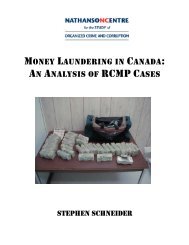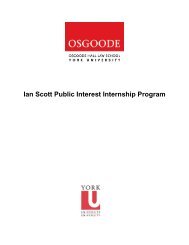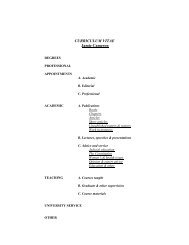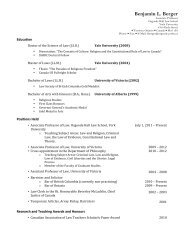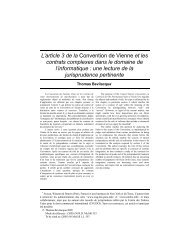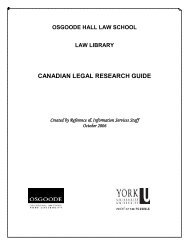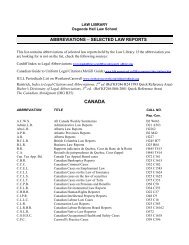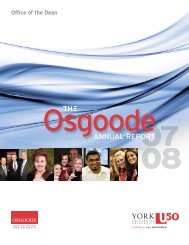The Impact of Global International Informal Banking on Canada
The Impact of Global International Informal Banking on Canada
The Impact of Global International Informal Banking on Canada
Create successful ePaper yourself
Turn your PDF publications into a flip-book with our unique Google optimized e-Paper software.
encourage women to travel al<strong>on</strong>e. Often, it was observed that the husband or a male member <str<strong>on</strong>g>of</str<strong>on</strong>g><br />
the family immigrated to the West leaving behind the wife, children and parents in the Recipient<br />
Country. Given these circumstances, home delivery was the preferred choice for these Clients.<br />
Furthermore, the <str<strong>on</strong>g>of</str<strong>on</strong>g>fices <str<strong>on</strong>g>of</str<strong>on</strong>g> the financial instituti<strong>on</strong>s are <str<strong>on</strong>g>of</str<strong>on</strong>g>ten located in the main cities/towns.<br />
And recipients reside in distant villages. To receive funds when sent through an instituti<strong>on</strong>, they<br />
have to travel to the city, which is not c<strong>on</strong>venient. <str<strong>on</strong>g>The</str<strong>on</strong>g> home delivery service <str<strong>on</strong>g>of</str<strong>on</strong>g>fered by the<br />
Financial Agents is attractive in these instances.<br />
Some Clients also menti<strong>on</strong>ed the time delay involved in executing transacti<strong>on</strong>s by financial<br />
instituti<strong>on</strong>s. For example, if a check is mailed to a recipient in India, it takes over 30 days for the<br />
recipient to receive the funds (after depositing the check into their bank account). And<br />
internati<strong>on</strong>al wire transfers can take 3 to 5 days compared to a 24 hour delivery <str<strong>on</strong>g>of</str<strong>on</strong>g>fered by<br />
Financial Agents.<br />
In the event <str<strong>on</strong>g>of</str<strong>on</strong>g> funds getting lost in transit, the process can take l<strong>on</strong>ger. In such cases, reports<br />
have to be made and forms filled out at the financial instituti<strong>on</strong> to track the funds. And the<br />
process to track fund is time c<strong>on</strong>suming. <str<strong>on</strong>g>The</str<strong>on</strong>g> Financial Agents usually transfer funds within the<br />
stated time and in the requested currency.<br />
SECTION III<br />
9. CONCLUSIONS/RECOMMENDATIONS:<br />
As stated previously, c<strong>on</strong>tradictory statements and major occurrences <str<strong>on</strong>g>of</str<strong>on</strong>g> participant reluctance<br />
makes further empirical research in the area necessary to support the trends observed in this study<br />
and to research / observe new <strong>on</strong>es.<br />
During this research is was extremely difficult, if not impossible to estimate the actual funds<br />
transferred in and out <str<strong>on</strong>g>of</str<strong>on</strong>g> <strong>Canada</strong> by the Financial Agents. Given certain resp<strong>on</strong>ses by the<br />
participants regarding the m<strong>on</strong>etary ranges (e.g., “anything from half a milli<strong>on</strong> to three quarters,”<br />
or, “up to two hundred thousand,” or, “any amount”), it can be c<strong>on</strong>cluded that the amounts<br />
involved are substantial.<br />
However, other researchers/estimates are more specific. For example, Pakistani <str<strong>on</strong>g>of</str<strong>on</strong>g>ficials estimate<br />
that over $5 billi<strong>on</strong> in transacti<strong>on</strong>s occur through Hawala networks every year. One third <str<strong>on</strong>g>of</str<strong>on</strong>g> these<br />
transacti<strong>on</strong>s reportedly c<strong>on</strong>sist <str<strong>on</strong>g>of</str<strong>on</strong>g> the repatriati<strong>on</strong> <str<strong>on</strong>g>of</str<strong>on</strong>g> funds from expatriate Pakistanis to their<br />
families. Pakistani nati<strong>on</strong>als may hold between $40 billi<strong>on</strong> and $60 billi<strong>on</strong> in overseas financial<br />
assets—an amount roughly equivalent to the country's gross domestic product (Lo<strong>on</strong>ey, 2002:2).<br />
And in the case <str<strong>on</strong>g>of</str<strong>on</strong>g> India, Interpol places the size <str<strong>on</strong>g>of</str<strong>on</strong>g> Hawala at possibly 40 percent <str<strong>on</strong>g>of</str<strong>on</strong>g> the country's<br />
gross domestic product. In 1998, the most recent year for which data are available, estimates<br />
place the amount <str<strong>on</strong>g>of</str<strong>on</strong>g> m<strong>on</strong>ey in the country's Hawala system at $680 billi<strong>on</strong>, roughly the size <str<strong>on</strong>g>of</str<strong>on</strong>g><br />
<strong>Canada</strong>'s entire ec<strong>on</strong>omy (Lo<strong>on</strong>ey, 2002: 3; Baldauf, 2002:12).<br />
34



